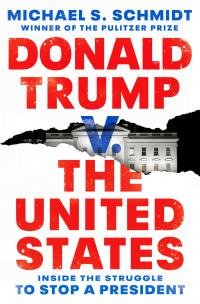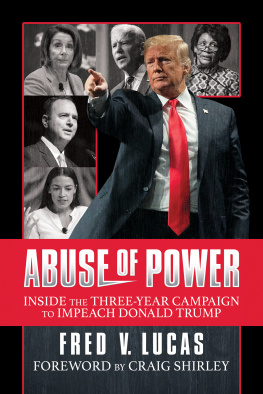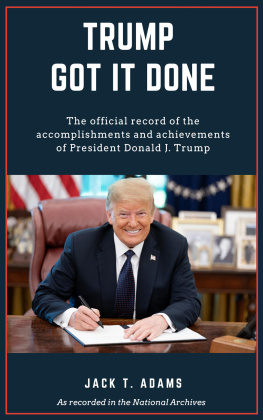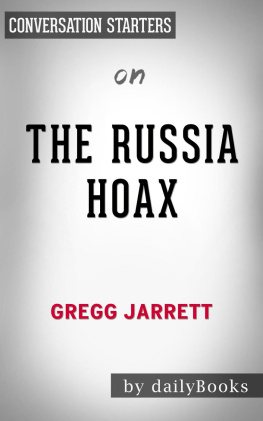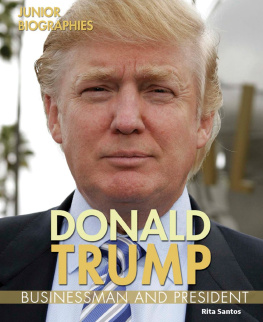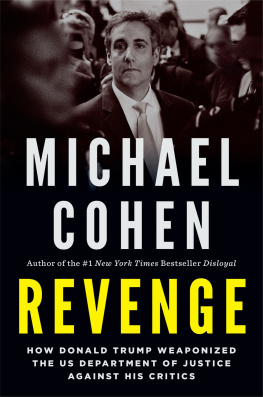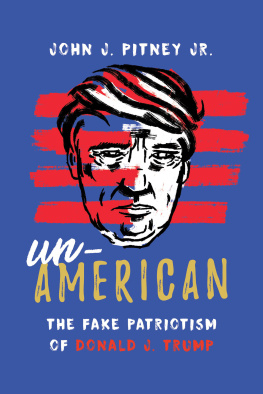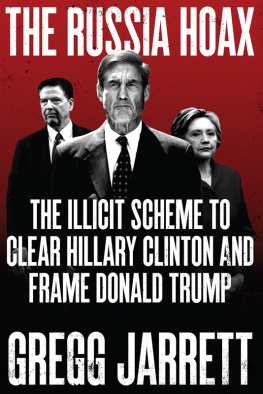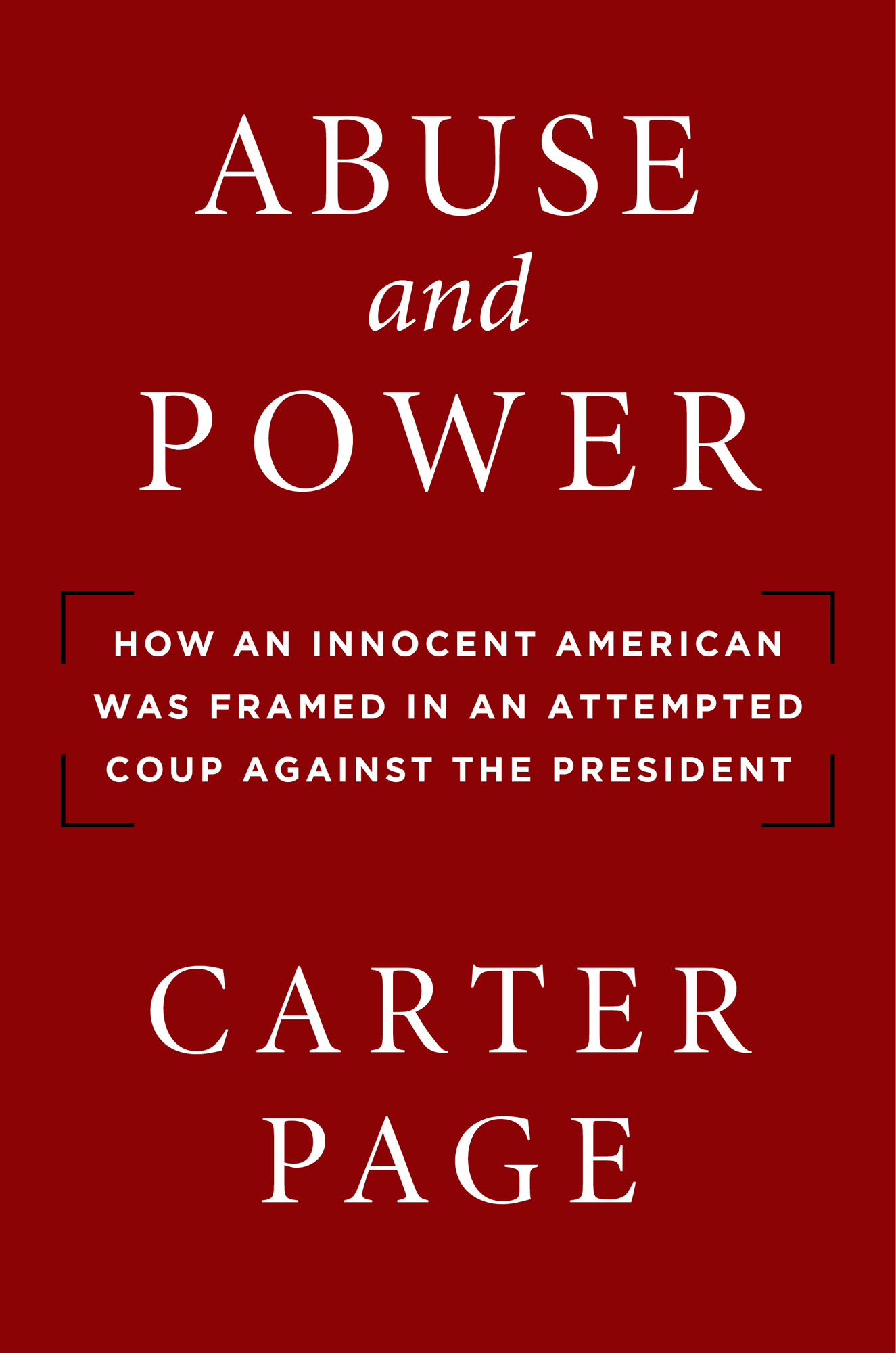Contents
Guide
Copyright 2020 by Carter Page
All rights reserved. No part of this publication may be reproduced or transmitted in any form or by any means electronic or mechanical, including photocopy, recording, or any information storage and retrieval system now known or to be invented, without permission in writing from the publisher, except by a reviewer who wishes to quote brief passages in connection with a review written for inclusion in a magazine, newspaper, website, or broadcast.
Regnery is a registered trademark of Salem Communications Holding Corporation
ISBN: 978-1-68451-120-4
eISBN: 978-1-68451-121-1
Cover design by John Caruso
Library of Congress Control Number: 2020934512
Published in the United States by
Regnery Publishing
A Division of Salem Media Group
300 New Jersey Ave NW
Washington, DC 20001
www.Regnery.com
Books are available in quantity for promotional or premium use. For information on discounts and terms, please visit our website: www.Regnery.com.
To the honest members of the U.S. Intelligence Community, law enforcement, and the mediamay their brave professionalism continue to shine as a beacon of hope amidst the destruction
CHAPTER ONE THE BEST OF TIMES, THE WORST OF TIMES
And ye shall know the truth and the truth shall make you free.
John 8:32, engraved on the wall of CIA headquarters
A t the time, August 5, 2016, seemed like a routine Saturday. I was visiting Washington, D.C., for a meeting of the Trump foreign policy advisory team, as our limited work together had become a bit more frequent in the summer leading up to the election. I was staying for five nights at the Grand Hyatt Washington, located just a few blocks up Tenth Street from FBI headquarters. Overall, things were going well that summer, and I was happy to spend more time with our Trump campaign volunteer team. But despite getting to know some of the best international relations and national security professionals I had ever worked with over the course of my long career, there was mounting evidence that the good times would not last. Things were starting to go off the rails.
That mornings Washington Post included a long story about how my presence on the advisory team had somehow [stirred] unease in both parties. Apparently, Democrats and Republicans alike took issue with my volunteer role. I didnt take the criticism seriously. As the big media companies became more detached from reality and the truth, I still considered most of these leading pundits and other reporters to be a complete joke. It was no secret that members of both parties opposed then-candidate Trumps presidential bid, and amidst these minor early salvos which quoted many of candidate Trumps critics, I started to understand the medias underhanded tactics firsthand.
That mornings article for the Post could have been worse, I thought. Tom Hamburger and Steven Mufson, who wrote the hit piece, were among the very first operatives to ask me about the Democrat-funded opposition research that would dominate the headlines for years to come. They had contacted me to discuss alleged clues surrounding bribes that I supposedly might have been offered by top Russian officials. The phrasing alone showed how baseless the accusations were. Their outrageous questions came not long after high-priced political operatives had misled the Wall Street Journal enough to inquire about these very same partisan lies. None of these larger news organizations could be convinced to print them. At least not yet. While I knew the article could have been worse, I couldnt possibly have imagined how nefarious the campaign would end up being.
I had invited Professor Stefan Halper as my guest to the Trump team party happening that evening. Years later the world would learn that that summer, Professor Halper had been working as a U.S. Intelligence Community source who spied on myself and other members of the Trump campaign. Luckily, he declined my invitation. After a long workout at the hotel gym, I headed over to the evening event.
When I arrived at the Trump foreign policy house party, two retired U.S. Army generals from our team greeted me at the door. Although many members of our group had been libeled by the press earlier that year after being identified as Trump campaign supporters, the focus of these latest attacks started to take an unexpected turn. A new Cold War had begun to heat up, and we joked that night about how my Russia connections might have made me a more natural target for these baseless political attacks. But as time started to run out on the final months of the Obama administration, none of us could have realized the dramatic scheme that was already being planned at the highest levels of government. Nor could we fathom the extraordinary dishonesty of the Intelligence Community, the media, and the Democratic Party that allowed the scandal to continue.
Aside from the Trump campaign volunteer meeting, my August 2016 visit to Washington offered me opportunities to catch up with several other foreign policy experts with whom I had recently spent time at the Republican National Convention in Cleveland. One day I had lunch with James Carafano, the Heritage Foundations director of foreign policy studies. I also met with Icelands ambassador Geir Haarde and the Hungarian ambassador Rka Szemerknyi. My relatively ordinary meetings were inconsequential in comparison to another series of high-level briefings occurring in Washington that month. Just a few weeks later, Senate Minority Leader Harry Reid and other members of Congress received an infamous series of briefings from CIA Director John Brennan that intelligence officials had evidence of Russias intentions to help Mr. Trump.
Enabling these fabricated spy stories later earned Brennan an opportune career transition. After leaving government, he eventually became a national security and intelligence commentator on NBC and MSNBC.
When Brennan was head of the Central Intelligence Agency under President Obama, he avoided speaking like thatat least in public. The CIAs standard operating procedures forbid agency officials from conducting domestic spy operations. Certainly one of the top spies in the nations attacking a major partys nominee for president would violate every norm.
But norms did not dissuade Brennan from taking proactive steps against Donald Trump from the shadows during campaign season. His hatred for Trump would eventually grow into one of the defining traits of his career. When meeting with Senate Minority Leader Harry Reid in late August 2016, Brennan allegedly indicated that unnamed advisors to Mr. Trump might be working with the Russians to interfere in the election. Brennan went on to suggest financial dealings between Russian affiliates and advisors to Mr. Trump might be behind the conspiracy.
A few days after meeting with Brennan, Senator Reid fired off a letter to FBI Director James Comey: questions have been raised about whether a Trump advisor who has been highly critical of U.S. and European economic sanctions on Russia, and who has conflicts of interest due to investments in Russian energy conglomerate Gazprom, met with high-ranking sanctioned individuals while in Moscow in July of 2016, well after Trump became the presumptive Republican nominee.
This supposedly conflicted individual was part of a Trump campaign with significant and disturbing ties to Russia and the Kremlin.


